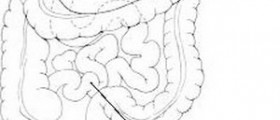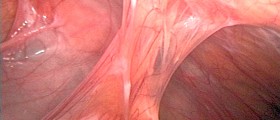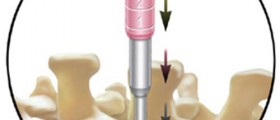
The appendix is a thin, finger-like tube, attached to the first segment of the large intestine. It is also called vermiform appendix because it resembles a worm. Until recently, it was believed the appendix has no function in the body but now it seems that the organ plays a role in the immune system due to its infection-fighting lymphoid cells.
Inflammation of the appendix, the condition known as appendicitis, can occur due to an infection of the organ and may result in its rupture and other severe complications. Treatment for appendicitis involves removal of the organ in a procedure known as appendectomy which prevents rupture and other negative effects of the condition.
Appendix Removal Overview
Inflammation of the appendix is considered as an emergency because it can be life-threatening. To avoid perforation of the appendix and other associated complications, the organ must be surgically removed. Appendectomy requires a hospital stay for a few days. Before the surgery, the patient receives antibiotics. Appendectomy is performed under general anesthesia.
Appendix removal surgery can be performed laparoscopically or as an open surgery. Laparoscopy is less invasive surgery, does not leave large scars and has shorter recovery time comparing to an open surgery. On the other hand, laparoscopic operation takes more time and is more expensive.Laparocopic appendectomy is performed by inserting the laparoscope, a thin telescope attached to a camera, through the incision made in the abdomen to inspect and remove the appendix. In an open appendectomy, 2 to 3 inches long incision is made in the right lower segment of the abdomen. After the appendix has been removed, the incision is closed with stitches.
Complications of Appendix RemovalAppendix removal is associated with several complications that may occur during or after the procedure. The most common complication of appendectomy is allergic reaction to anesthetics that may result in collapse of the small airway. Heavy bleeding during the procedure is another possible complication of appendectomy. There is also a risk of developing a blood clot and inflammation of veins, most commonly in the leg.
Abdominal surgery always carries the risk of adhesions that may cause intestinal obstruction which prevents intestinal content to pass smoothly through the intestines. Finally, there is a risk of hernia formation, that may take place at the surgical site. This is, however, a very rare complication.
Side Effects of Appendix Removal
Appendectomy is commonly performed and is generally safe procedure. Still, this surgery does involve possible side effects and risk of complications. They include soreness or bruising, abscess, scarring, infection and breathing problems due to anesthesia. Swelling at the operated site and adverse effects of medications may occur as well.

















Your thoughts on this
Loading...